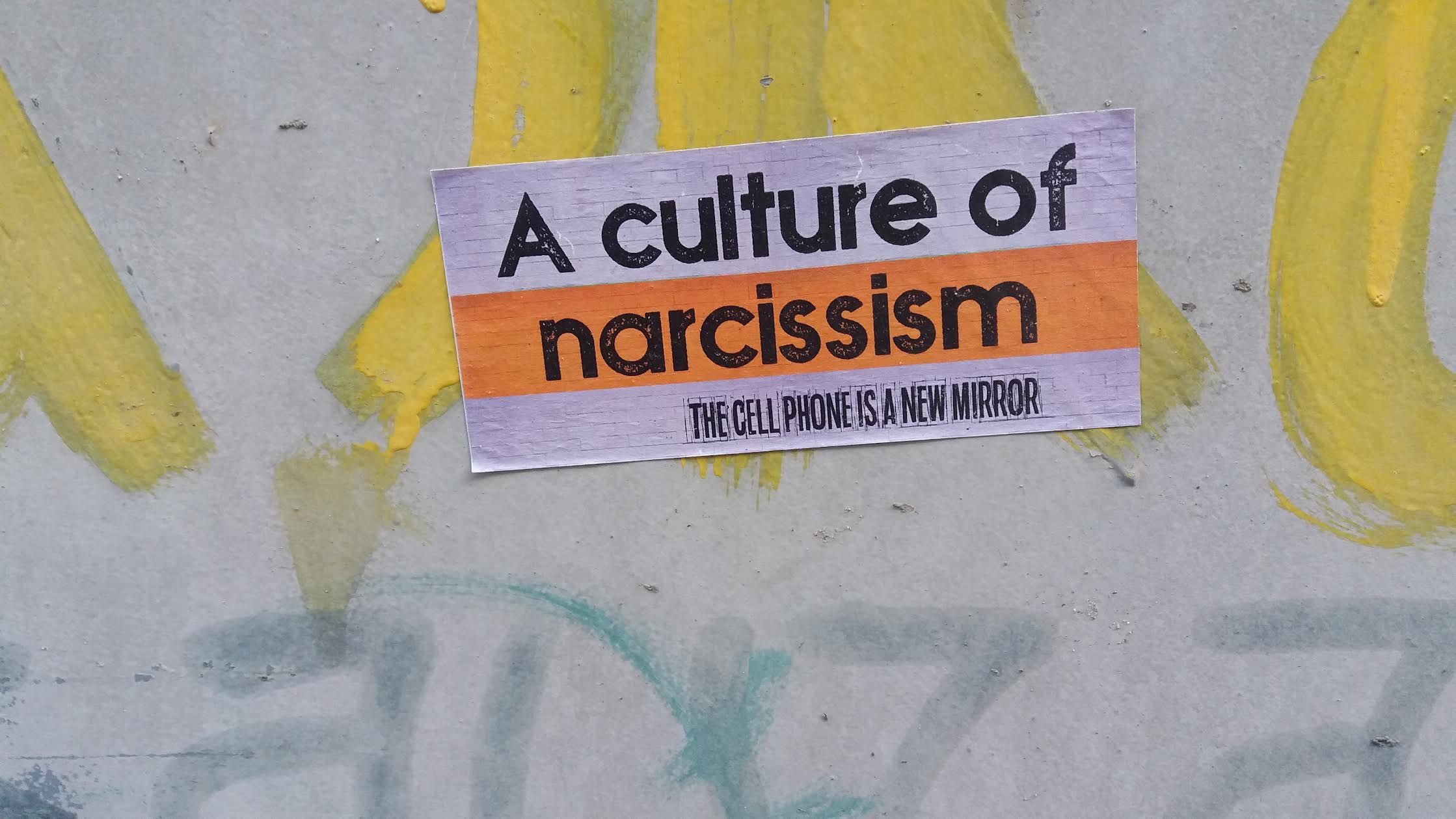It is important to know how to spot narcissism and understanding if you are dealing with a narcissist. Narcissistic personality disorder or (NPD) usually consists of arrogant and self-centered thinking or behavior, the need for praise, and lack the ability to have empathy for others (HelpGuide, 2021).
With those that are narcissistic, we may spot cocky, manipulative, or arrogant behavior. Narcissists tend to blame other and over-react when facing an inconvenience. When better understanding narcissism, we can help protect ourselves and those we love by creating healthy and much needed boundaries.
If you are close to someone that shows signs of being a narcissist, it is important to identify it quickly in order to help them and most important to help yourself. It is never easy dealing with a narcissist and even when we love them, it is not always worth the pain, trauma, and frustration faced.
When the narcissistic behavior is bad enough, it is important to watch out for physical and mental abuse. If you have experienced abuse from a narcissist, reach out to trained professionals immediately.

Signs of Narcissistic Personality Disorder (NPD)
- Grandiosity
- Living in a distorted fantasy
- The constant need for praise
- Feeling that they are entitled
- Belittles others
- Does not think about others feelings only their own
- Blames others for their inconvenience
- Physically, emotionally, and mentally abuses people
- Lack of empathy
- Always want to talk about themselves
- Have a motive and only give if they get something in return
- Manipulative actions and/or behaviors
Tips to help and consider when dealing with a narcissist
- Set healthy boundaries
It is important to identify boundaries around what is important to you and your needs. Make sure that these boundaries are realistic and ones that you can keep. Boundaries are healthy and important when dealing with someone who has narcissistic personality disorder.
- Advocate for yourself
It can be very hard to not get caught up or lost in a narcissist’s actions or behaviors. Learn to stand your ground and be able to speak up for yourself so that you are protected from emotional or physical harm.

- Do not take their behaviors and/or actions personally
When we take things personally and show how it is affecting us, this lets them know that they have control and power over you. Let them own their behaviors and do not make excuses for them.
- Encourage the person to seek help
It is always a good idea to try to get the person to seek help for their disorder. Sometimes people are unaware that they have narcissistic personality disorder. Behaviors with NPD can be changed, but only in those who are truly willing to seek and accept help.
- Create distance between you and that person to protect yourself
Your protection and those of your loved ones are most important. Do not let your love for someone create unsafety or harm in your life. Create distance and focus on your boundaries.
There are many resources available for narcissists, as well as those facing emotional and physical abuse. Educate yourself and others on narcissistic personality disorder to allow them an opportunity to understand how they could be dealing with a narcissist. Create healthy boundaries that will keep you and loved ones safe.
When we have a loved one, spouse, or family member with NPD, it can be hard to go against them in order to protect yourself. There is nothing wrong with wanting to help someone with NPD if you are taking your own safety and boundaries into account. Have the courage to create distance for safety and seek help from trained professionals. If you are struggling with ways to deal with a narcissist in your life, do not be afraid to reach out to a therapist for help.




